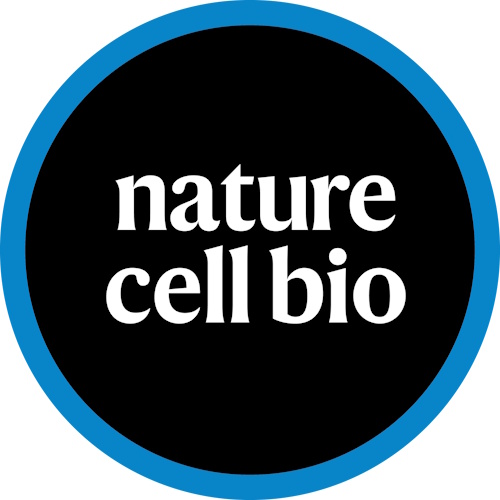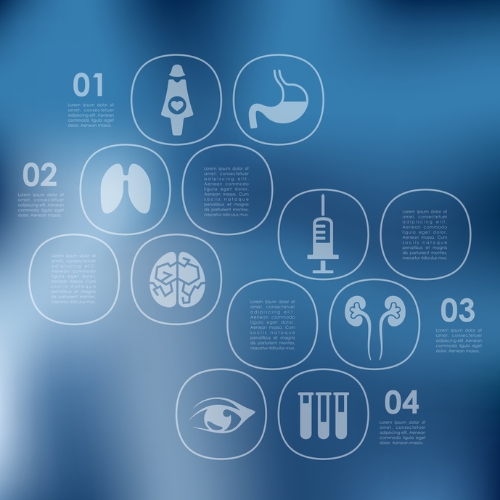Key points from article :
Scientists have grown a complex, fully functional organ in a living animal by transplanting cells that were created in a laboratory.
Researchers carried out a study using cells (fibroblasts) taken from mouse embryos.
By increasing levels of a protein called FOXN1, they reprogrammed fibroblasts to thymic epithelial cells (TEC).
The induced TEC (iTEC) were combined with other thymus cells and grafted onto the kidneys of genetically identical mice.
After four weeks, the cells produced well-formed organs with the same structure as a healthy thymus, with clearly defined regions.
These cells provide specialist functions of the thymus, enabling it to make T cells.
The advance could in future aid the development of ‘lab-grown’ replacement organs.
“More work will be needed before this process can be reproduced in humans.” - Rob Buckle, Head of Regenerative Medicine at MRC.
Study by University of Edinburgh published in Nature Cell Biology.





